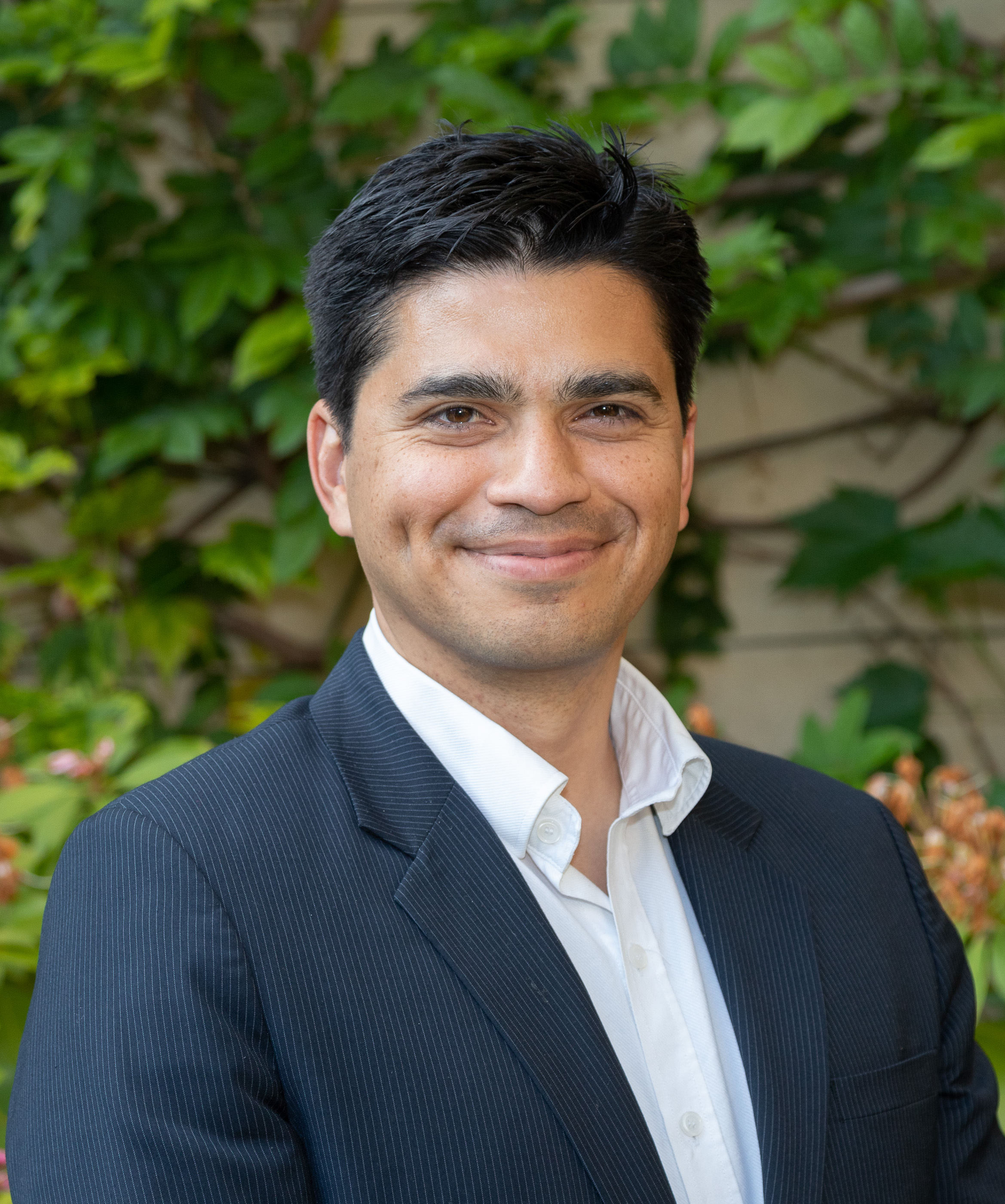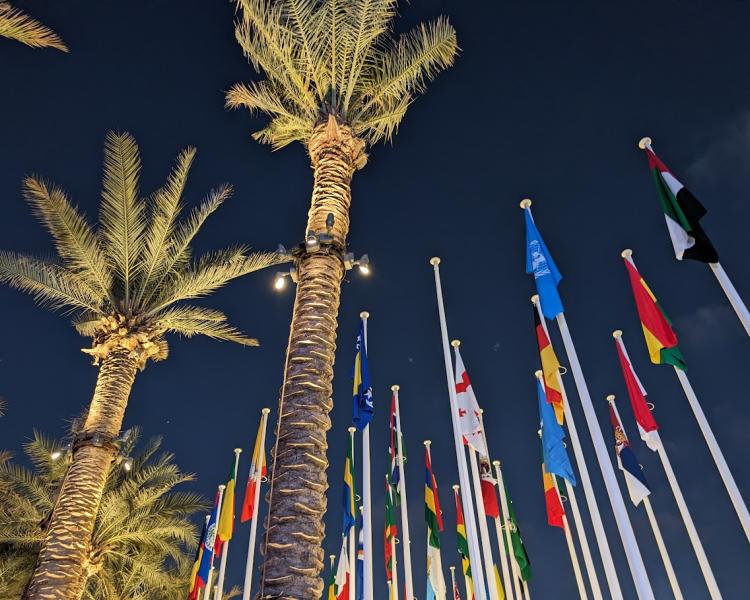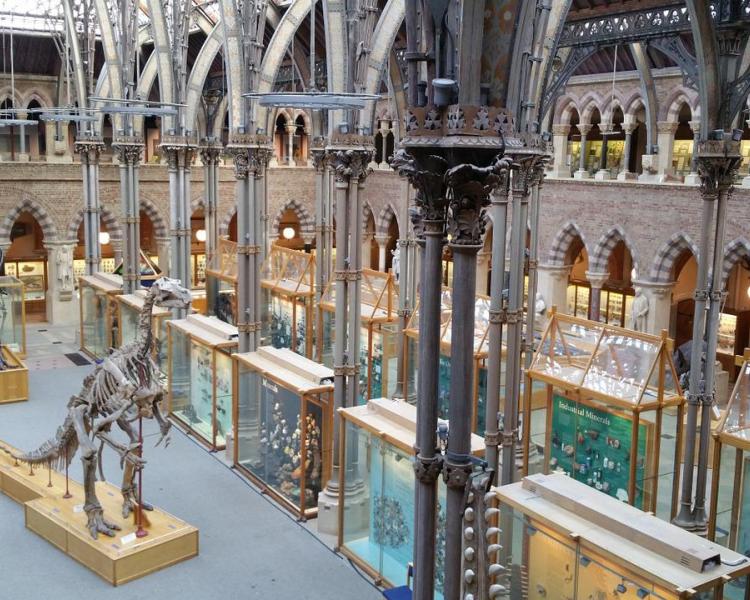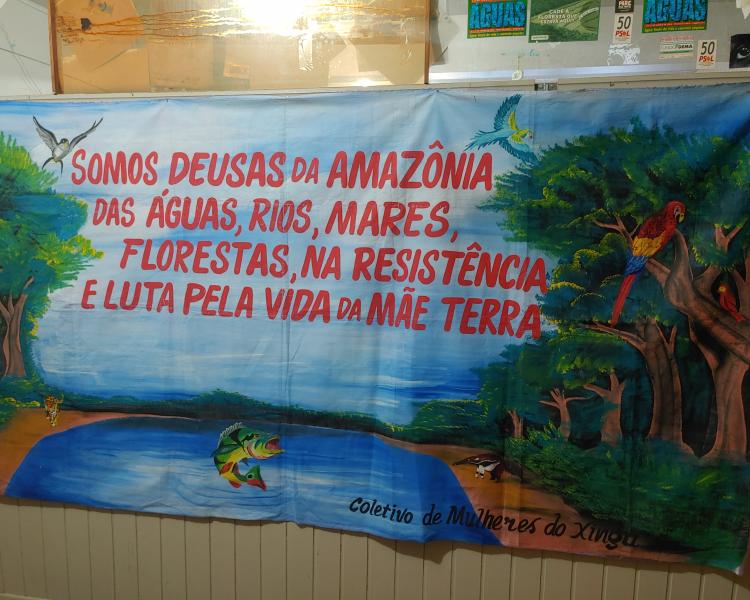Carlos Zepeda
Key Details
About
Carlos began his academic career in economics and international development focusing on solidarity economics and the politics of alternative development in Latin America. Inspired by his experience studying and working first with the Jesuits, and later, as political advocacy campaigner for international development NGOs and civil society organisations in El Salvador and Central America, Carlos explored how power shapes the root causes of social and environmental degradation. His work has investigated how poor people, especially women, suffer social exclusion from the human right to water.
As Assistant Director in Policy and Practice, Carlos works as a catalyst to network and translate the Institute’s cutting-edge research on integral ecology into action. He mediates between the Institute’s academic research on integral ecology, on the one hand, and national and global policy actors, global civil society actors, faith communities, and the public at large, on the other. He has a special interest in addressing the root causes of social and environmental degradation via solidarity initiatives with the Global South and towards a more sustainable and just world.
Carlos lives in Petersfield, at the heart of the South Downs National Park in Hampshire, England with his wife and two children. He loves walking and cycling in the countryside, creative art and literature, listening to West African kora music, and dancing Latin American rhythms (a wide range!).
-
Education
DPhil, Politics and International Relations, PAIS, University of Warwick, UK
MA Development Studies, International Institute of Social Studies, The Netherlands
PgDip in International Development Cooperation, University of Valencia, Spain
BA Economics, University of Central America (UCA), El Salvador
-
Research Interests
Carlos’ main research interests focus on how sustainable development outcomes in climate change, water, and health are shaped by power, especially in the Global South. His research examines the intersections between ideas, discourse, and practice, exploring how to shift policies and practices using collective agency and solidarity towards achieving radical ecological conversions for a more sustainable and just world.
His research expertise is in Latin America and he has collaborated extensively with academics and practitioners in Central and South American universities and civil society organisations including faith-based organisations in development and ecological action. Carlos is especially interested in global water and natural resource governance in relation to social justice and the role of indigenous and marginalised communities to affect change.
-
Research Projects
Carlos’ main research interests focus on how sustainable development outcomes in climate change, water, and health are shaped by power, especially in the Global South. His research examines the intersections between ideas, discourse, and practice, exploring how to shift policies and practices using collective agency and solidarity towards achieving radical ecological conversions for a more sustainable and just world.
His research expertise is in Latin America and he has collaborated extensively with academics and practitioners in Central and South American universities and civil society organisations including faith-based organisations in development and ecological action. Carlos is especially interested in global water and natural resource governance in relation to social justice and the role of indigenous and marginalised communities to affect change.
-
Selected Publications
Zepeda C (2019) Bolsonaro’s Myth of Ever-Higher Growth Leads Brazilians Towards Abyss. The Globe Post, 22 April. Available at: accessed 1 August 2019)
Ferrero y De Loma-Osorio G and Zepeda C (2019) Planning and Managing for Human Development: What Contribution Can the Capability Approach Make? In: Clark DA, Biggeri M, and Frediani AA (eds) The Capability Approach, Empowerment and Participation: Concepts, Methods and Applications. Rethinking Int. Dev. series. London: Palgrave Macmillan UK, pp. 311–338
Huang Z, Du X and Zepeda C (2019) How does urbanization affect farmland protection? Evidence from China. Resources, Conservation and Recycling 145: 139–147
Zepeda C (2018) Jair Bolsonaro will now run into Brazil’s massive grassroots movements of resistance.(31/10/2018)
Thorpe A and Zepeda C (2018) The economic value of inland fisheries. In: Funge Smith S (ed.) Review of the State of the World Fishery Resources: Inland Fisheries. FAO Fisheries and Aquaculture Circular. Rome: FAO
'From Flow to Influence: Governance and Un-Governance of Water, Power and Sustainable Human Development in El Salvador', Congress in Government, Admin & Public Policy: New Roads for Governance in Latin America, Madrid, Spain, 29 Sep- 2 Oct 2015: (CSIC), GIGAPP (in Spanish)
Zepeda Castillo CS (2015) Water politics in El Salvador : power, water and social change in poor communities of San José Villanueva. phd. University of Warwick. Available at: http://webcat.warwick.ac.uk/record=b2863284~S1 (accessed 7 January 2021)
Ferrero y de Loma-Osorio, G. and Zepeda, C. Rethinking Development Management Methodology: Towards A “Process Freedoms Approach”. JOURNAL OF HUMAN DEVELOPMENT AND CAPABILITIES, 15(1), pp. 28-46
Zepeda, C. and ALOP, OIDHACO, et al. Water for Life or For Trade? EU Trade Agreements with Central America, Colombia & Peru, Brussels: RED EU-LAT: CIFCA
Zepeda CS (2006) The language of hegemony: discourse, power and freedom in El Salvador’s neoliberal development agenda: The CAFTA case. Available at: https://thesis.eur.nl/pub/44190/ (accessed 7 January 2021)







